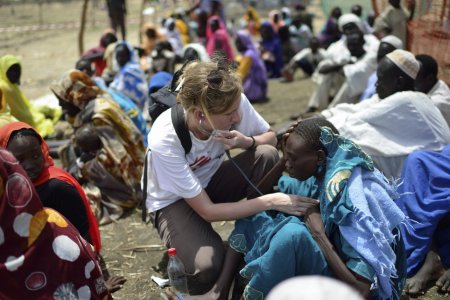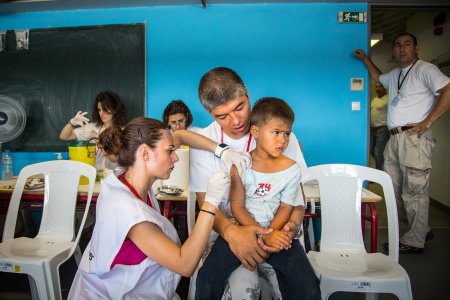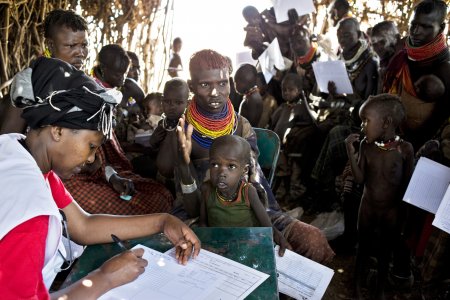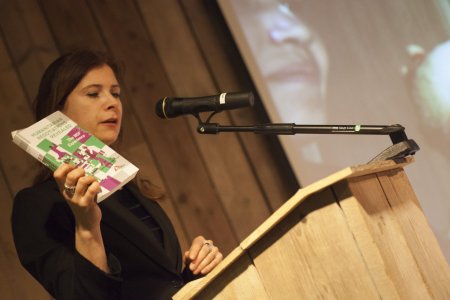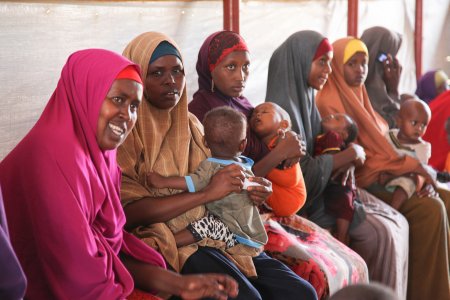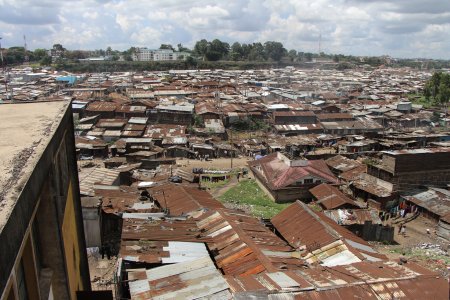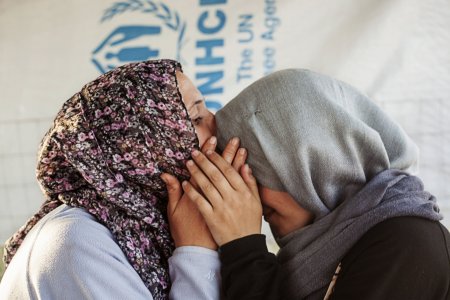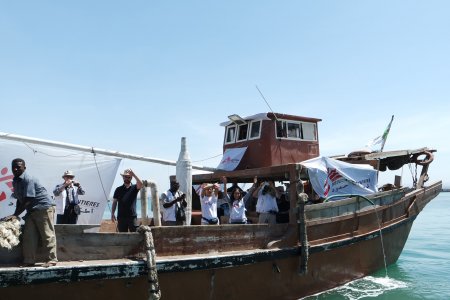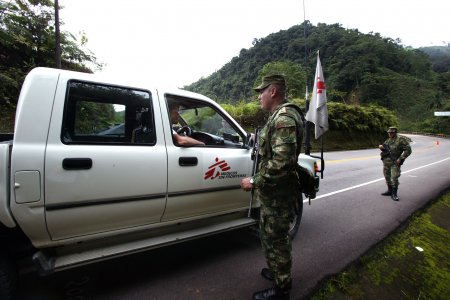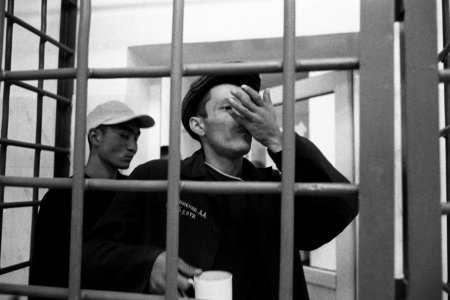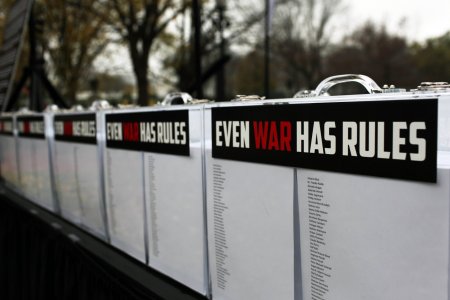How do humanitarian aid workers think and act?
This work focuses on how humanitarian organisations operate, including their members, self-portrayals, messages, practices and cultures.
MSF and economy-generated environmental disasters
John Pringle suggests that MSF, when tackling economy-generated environmental disasters, should not hesitate to question the ‘forces that deny our patients the societal determinants of health'.
PHAP Hosts Discussion on the Challenges and Compromises of Humanitarian Access
On 19th of September, PHAP hosted a discussion on the compromises and negotiations the humanitarian aid community must contend with during crisis situations with Michael Neuman and Antonio Donini.
Humanitarian exoticism
This article is about humanitarian exoticism and culturalist convictions: those to which members of NGOs currently adhere.
Negotiating Humanitarian Access: How Far to Compromise to Deliver Aid
On January 26, the Brookings-LSE Project on Internal Displacement and Doctors Without Borders/Médecins Sans Frontières (MSF) hosted a discussion on the compromises and negotiations the humanitarian aid community must contend with during crisis situations.
Horn of Africa: the weaknesses of a controversial operation
In a report titled "A Dangerous Delay", Oxfam and Save the Children rebuke everyone - governments, humanitarian organisations, the United Nations - who participated in the humanitarian response to the food crisis that struck the Horn of Africa in recent months.
Humanitarian Negotiations revealed: the MSF experience
From international NGOs to UN agencies, from donors to observers of humanitarianism, opinion is unanimous: in a context of the alleged ‘clash of civilisations', our ‘humanitarian space' is shrinking.
Inequality seriously damages health
The main objective of the United Nations Development Millennium Goals - a consensus if ever there was one - is to end poverty.
UN women : because I’m worth it
UN Women was created in July 2010, after intense negotiations between United Nations member states and women's rights organizations. This new structure will take over the mandates of the four UN organizations heretofore devoted to gender issues.
Gaza Flotilla : humanitarian or political ?
In May 2010, a convoy of six boats loaded with medical equipment, building materials, school supplies and prefabricated shelters, as well as numerous volunteers, headed for Gaza. This "freedom flotilla" aimed to "break the siege of Gaza". It was stormed by an Israeli commando. Nine activists lost their lives. In this article, Rony Brauman questions the terms used to legitimize or disqualify this initiative and the tragedy that followed. Was the flotilla "humanitarian" or "political"? Is there a "humanitarian crisis" in Gaza or not?
NATO and the NGOs: honeymoon over
On March 3, NATO Secretary-General Anders Fogh Rasmussen sent a direct appeal to the humanitarian community. Acknowledging the limits of military force in the stabilization and reconstruction effort in Afghanistan, he wants to create a closer partnership with the NGOs.
The return of the titans
The public arena is once again the stage for discourse and undertakings of Titanic proportions. Some endeavour to adjust our planet's thermostat while others devote themselves to wiping out the scourge of disease.
Humanitarian NGOs and the big stick policy
In January 2009, eight regional and national NGOs got together to create the "International Coalition for the Responsibility to Protect." The photo on their website's homepage sets the tone.

